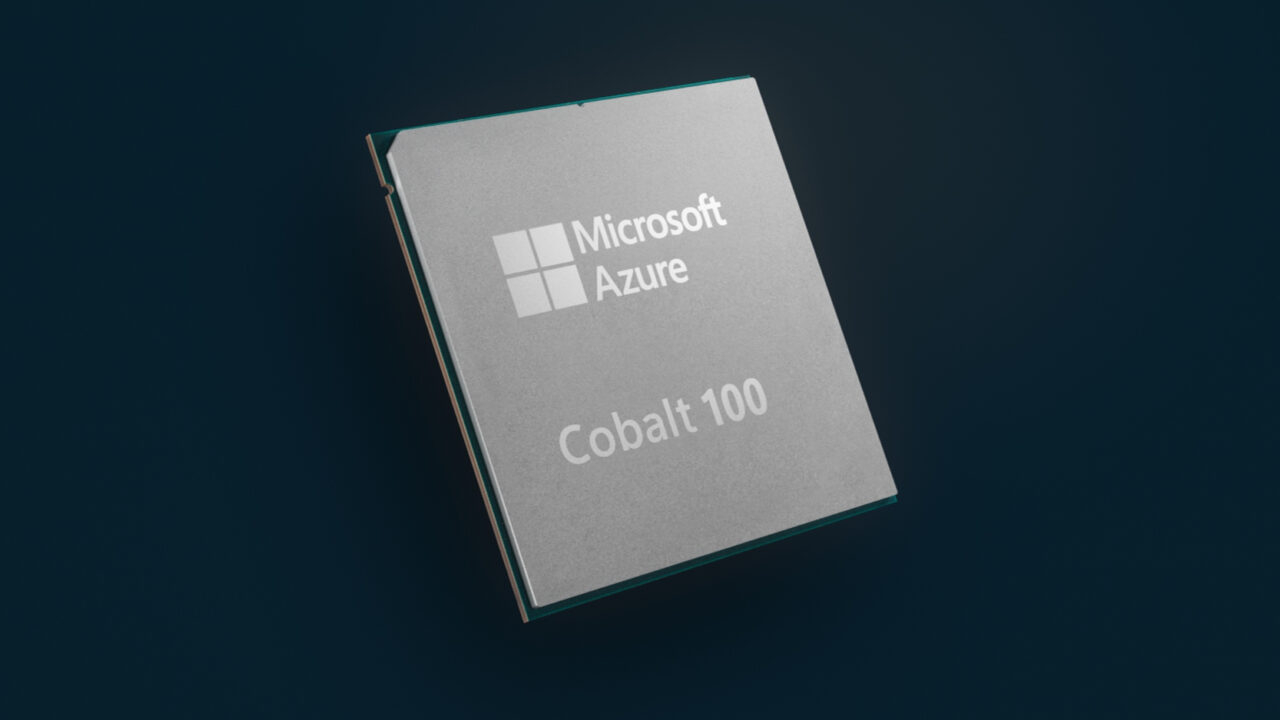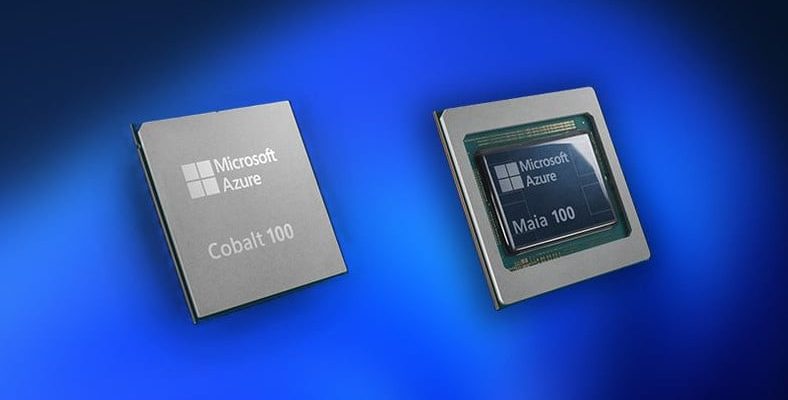Microsoft introduced artificial intelligence chips, which have been rumored for a long time, at today’s developer conference. Artificial intelligence chips named Azure Maia and Azura Cobalt CPU will be used to train models and reduce dependence on NVIDIA.
Microsoft today Ignite held the developer conference named after. The technology giant made many important announcements during the event. Of course, the thing that stood out the most was artificial intelligence, in which it has recently significantly increased its investments.
An artificial intelligence project that has been secretly developed for years was also announced at the conference. This project is Microsoft’s were special artificial intelligence chips. The two introduced chips will make Microsoft a rival to NVIDIA in this regard.
Microsoft Azure Maia and Microsoft Azure Cobalt
Chips introduced by Microsoft, Azure Maia Accelerator And Azure Cobalt CPU appears as. Artificial intelligence models such as Maia, ChatGPT, Copilot that pass through the 5 nm process teach Designed for. Cobalt is designed on the cloud. arm based Let’s also point out that it is a processor.
Maia will form the basis for the company’s recently released Copilot artificial intelligence model. The chip will also help speed up artificial intelligence processes and facilitate developers’ moves towards private artificial intelligence. We can say that this chip, designed in collaboration with OpenAI, will be used for large language models.

Azure Cobalt CPU appears as a 128-core chip. Microsoft says this CPU is part of Azure powering public cloud services He stated that it was designed for Arm based chip both high performance and power efficiency He added that he provided The Cobalt processor is currently being tested in Microsoft Teams.
RELATED NEWS
NVIDIA Announces Its New GPU for Those Who Want to Become the Masters of Artificial Intelligence
Microsoft will start using chips that have the potential to reduce NVIDIA’s dominance in artificial intelligence processors in its data centers at the beginning of next year.
